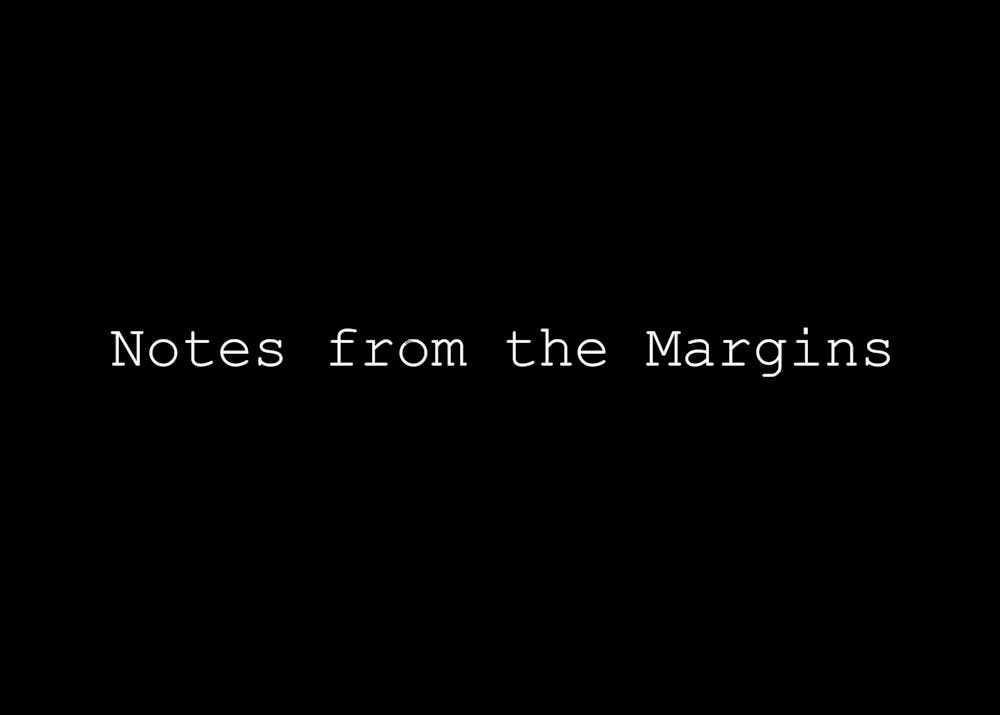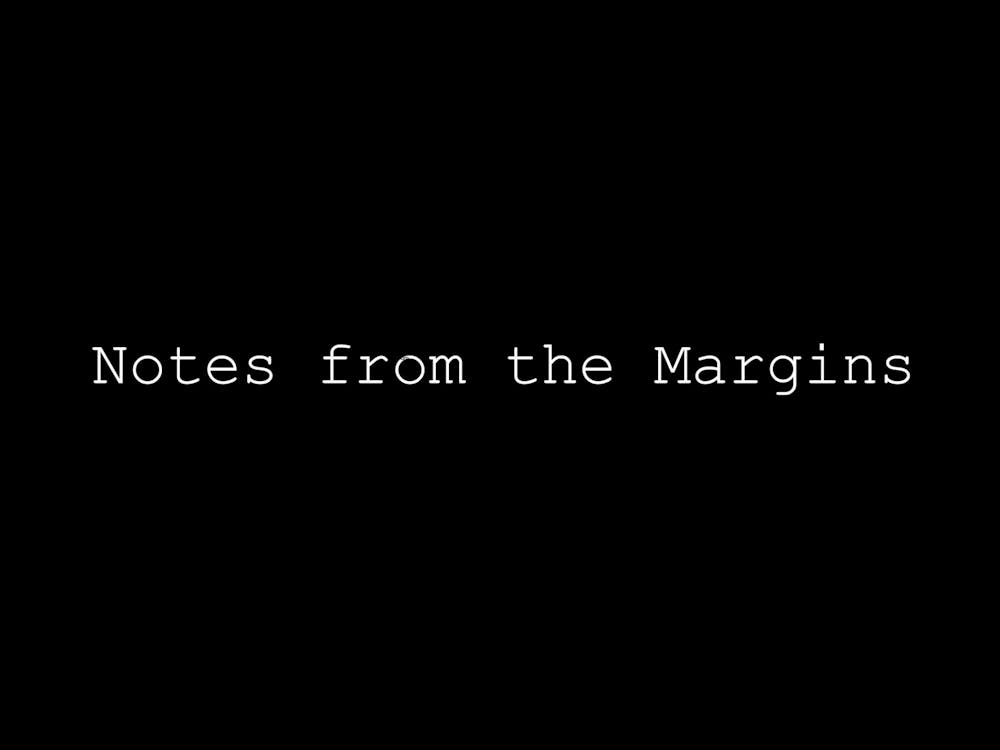In “Tales of Two Americas,” John Freeman puts together a collection of stories that reveal how people of lower socioeconomic status live to force us to reconsider the role we play as individuals in upholding the systems that cost them their lives and cultures.
The first chapter opens with a story about Alex Nieto, a native of Bernal Hills who was killed because a new couple who had moved into the area called the police under the impression that he was dangerous. His only crime was being in the wrong place at the wrong time.
Deaths like Nieto’s are not uncommon. There is a growing body of evidence that shows the relationship between gentrification and police presence. A study by Housing Matters, an Urban Initiative Institute, showed that a 5% increase in property values leads to slight increases in discretionary arrests.
Another study found that an in-movement of middle-class people and an increase in rents led to more stops citywide. Additionally, when more professionals move into an area there are more instances of calling the police to maintain order.
Besides the gentrification of neighborhoods, it is also important to pay attention to the gentrification of working-class culture. This happens when a hobby or practice becomes part of mainstream culture and becomes expensive for the working-class people who originally did it.
A good example of this would be second-hand shopping. Previously, lower-income people were able to find affordable clothes in thrift stores or Goodwill. Now, people buy clothes from thrift stores and resell them on websites like Depop and Poshmark. This restricts the clothing options available for lower-income people by driving up the price.
Another example would be food. Some food items, like collard greens, butter and sweet potatoes have become more expensive since Whole Foods, a grocery chain that caters to higher-income foodies, opened up. This restricts food options available to lower-income people, making them rely on more processed foods.
Not all acts of gentrifying culture have economic consequences. Sometimes, it has the effect of transferring cultural ownership from one party to another.
This practice is very prominent in fashion. A brand called PRPS has a whole line of clothing designed to look like it was worn by someone who was doing physically engaging work. Aesthetics like ID badges and firefighter jackets associated with lower- and middle-income jobs have also been featured by Prada and Calvin Klein, respectively. However, these clothes cost well above what someone earning below median income would be able to afford.
Besides the working class, another group Freeman sheds light on are persons living in the US without legal permissions.
Undocumented immigration has become a key part of the culture wars in American politics. While immigration has always been a contentious issue, its significance has grown because of the anti-immigration rhetoric by former President Donald Trump during his campaign and time in office.
In his speeches and policies, Trump appealed to anti-immigration tropes like immigrants stealing jobs, being dangerous criminals and immigrating solely because of economic opportunity. These are dangerous stereotypes that do not represent the lives of people living in the U.S. without legal permission.
Enjoy what you're reading?
Signup for our newsletter
Most people living in the U.S. without legal permission come from Mexico and other Central American countries, specifically El Salvador, Guatemala and Honduras. Taken at face value, this fits the anti-immigration trope of undocumented Latin American immigrants, but there is a bigger story linked back to the United State's war on drugs.
The war on drugs was an initiative started by the U.S. to eradicate the demand and supply of illicit drugs. It entailed providing loans, military training and intelligence to Latin American countries in exchange for stronger illicit substance laws. However, this increased the price of illicit substances and led to violence in Latin America as rival cartels sought to enrich themselves through illicit drug sales.
The violence caused by the war on drugs created an unsafe environment for people in affected countries, and that is one of the factors that leads people from Latin America to immigrate to the U.S.
A study conducted by Doctors Without Borders found that almost 40% of immigrants who did not enter the U.S. with legal permission mentioned direct attacks or threats to themselves or their families as the reason for fleeing their countries. In addition, the journey to the U.S. is not one that is taken lightly. The same study reported that 68.3% of the migrant and refugee populations entering Mexico were victims of violence during their transit toward the U.S.
Another misconception about migrants entering the country illegally is that they incur high social costs in terms of lost wages to American citizens. A study by Pew Research Center showed that people living in the U.S. without documentation only make up about 5% of the workforce.
Contrary to anti-immigrant rhetoric, people living in the U.S. without legal permission pay taxes on their income and are less likely to commit crimes. They paid $11 billion in state and local taxes in 2017, according to a report by the Institute on Taxation and Economic Policy.
The data suggests how complex it can be to address the economic impact of immigration in the U.S.; it is not as simple as relegating all immigrants living in the country without legal permission to the status of criminals.
There is no easy way to reconcile the experiences of lower-class Americans with stories of wealth and excess that we have grown accustomed to seeing. While there is nothing wrong with wealth, I feel that this book tries to tell us not to get too carried away with it by reminding us of the real consequences of the growing gap between the rich and the poor.
Contact multimedia editor Abdulghaffah Abiru at ghaffah.abiru@richmond.edu.
Support independent student media
You can make a tax-deductible donation by clicking the button below, which takes you to our secure PayPal account. The page is set up to receive contributions in whatever amount you designate. We look forward to using the money we raise to further our mission of providing honest and accurate information to students, faculty, staff, alumni and others in the general public.
Donate Now

